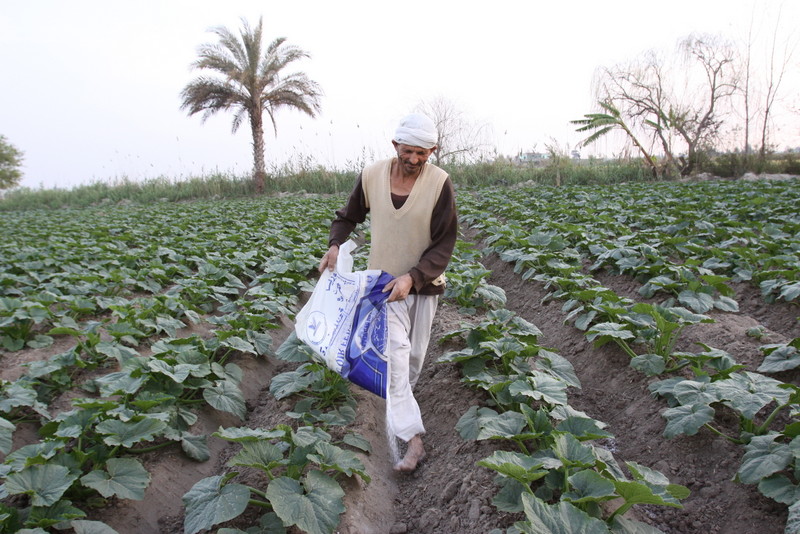
(AFP Photo/Gianluigi Guercia)
Assistant Foreign Minister for Neighbouring Countries’ Affairs Osama Majdoub met Tuesday with the Special Envoy to the United Nations Secretary General for Libya, Bernardino Leon.
During the meeting, the pair discussed the latest developments in Libya and methods towards achieving stability in the country.
On top of the agenda were ways to support the diplomatic path of dialogue between the disputing Libyans.
Majdoub stressed that Egypt believes there is no substitute for a political solution to the current crisis between the different Libyan parties. He added that Egypt is keen to reach a solution to the current crisis through dialogue.
Egypt is making every effort to provide a supportive environment for UN attempts in this regard, Majdoub said, welcoming the agreement of the internationally recognised Libyan government in Tobruk to return to the dialogue table.
The Egyptian official also emphasised that combating terrorism is parallel to the importance of supporting this dialogue. Egypt expressed its keenness for the security and safety of the Libyan people and Libya’s stability and its territorial integrity, state-owned newspaper Al-Ahram reported.
Leon emphasised the role of Egypt in supporting the UN, looking forward to the results of the next dialogue round.
Leon said that the deteriorating situation in Libya calls for urgent consensus between all Libyan parties. He highlighted the increasing terrorist threats in Libya, above which is “Islamic State” (IS).
Egyptian workers have been fleeing Libyan territory following the release of a video showing the self-proclaimed Islamic State beheading 20 Egyptian Coptic Christians early February. The attack was followed by Egyptian airstrikes, in coordination with the Tobruk government led by Abdallah Al-Thinni, on IS targets in the city of Derna.
The opposing government in Libya condemned the Egyptian airstrikes, and accused Egypt of killing civilians during the attack on Derna.
Egyptian President Abdel Fattah Al-Sisi denied such reports in a televised interview addressing the nation. During the broadcast, Al-Sisi stressed that the Egyptian army is not the “aggressor” nor is it an “invader”, but it “protects our country and people”.
Almost 30,000 Egyptians have crossed the borders back to their country since, out of an estimated 1 million Egyptians living in Libya.
Last week, during the UN Security Council meeting, Egypt and Libya both called for the lifting of an arms embargo that has been imposed on the Libyan government since 2011, to allow the Libyan army to defend the country.
Egypt has also called for a resolution to mandate an international coalition to intervene in Libya.
The country has been witnessing a rising insurgency by different rebel groups and militias, with increased weapons usage since the overthrow of Muammar Al-Gaddafi’s regime in 2011.
Currently, two opposing governments are operating in Libya, with Al-Thinni’s government in Tobruk in eastern Libya, opposed by Omar Al-Hasi, in Tripoli in western Libya.
The UN and Egyptian officials pointed out the efforts over the past weeks to promote the chances of successful dialogue and to reassure the Libyan parliament this dialogue would result in a national unity technocratic government. This government would take over the country’s affairs management until the constitution is finalised and Libyan state institutions are set.
Also attending the meeting was the Egyptian ambassador to Libya, as well as other officials from the Ministry of Foreign Affairs concerned with the Libyan file.


